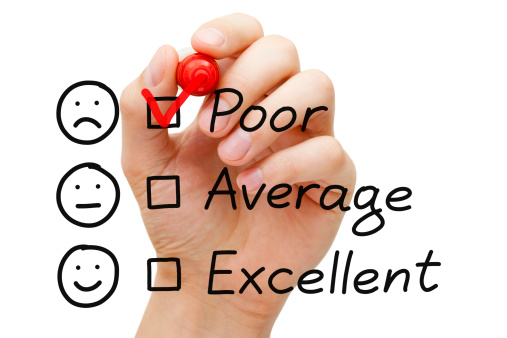How to Handle Underperformers

At some point in time as a manager, you’re going to deal with a staff member that simply isn’t pulling their own weight. A good manager doesn’t sit back and hope they turn things around. Instead, they take action and help that employee succeed. Here are a few tips to help you handle underperformers.
Be proactive:
If your hope is that ignoring underperformers or cutting them loose is going to save you in the long run—it won’t. Studies show that helping to reform underperformers, breaking them of bad routines/habits, and teaching them best practices will help you increase revenue. It will also save you from the cost of unemployment and re-hiring and re-training a new employee.
Underperformance may be driven by many things: lack of motivation, skill deficiency, and misalignment with goals or personal conflict. Very rarely is the reason straightforward, but it is your job as a manager to understand what is going on.
Communication is king:
A good manager will check-in with staff now and again to make sure they are on task. A great manager will schedule check-in meetings, allow staff to brainstorm new ideas, and gently guide staff to problem-solve their own obstacles with a project. Talking with the underperformer(s) is the best way to help them, and keep your productivity up. Be honest about what you’re seeing and the impact it’s having on the team and overall job. Use examples as you dialogue. Ask them how they see the situation and what they feel are the obstacles. Show empathy and understanding. Doing so will allow the employee to be honest with you, especially if their underperformance has more to do with friction among their team than personal performance. An employee is going to feel frustrated or embarrassed that they are underperforming. It’s your job to make sure they see that you understand their point of view.
Develop a plan:
The first step is to develop a plan that works for both you and the employee. Make sure other management, like HR, is involved. Remind the individual how their work affects the rest of the team’s productivity and success. Many times, people don’t understand how important their efforts are to the bottom line. Most employees want to pull their weight and feel that their contributions help significantly. Reminding them of how critical their work is not only will boost performance but morale as well. Developing and monitoring an “employee reform” plan also allows you to gain insights into hidden factors contributing to performance shortcomings; shortcomings that may be going on in others areas of your company.
The top performers in your company won’t need much guidance or management. By allowing yourself to guide those that do need the help will in turn make your company stronger and you a stronger manager.
PrideStaff Financial is one of the nation’s leading recruiting firms. If you’re looking to add top performers to your team contact our financial recruiters today!



